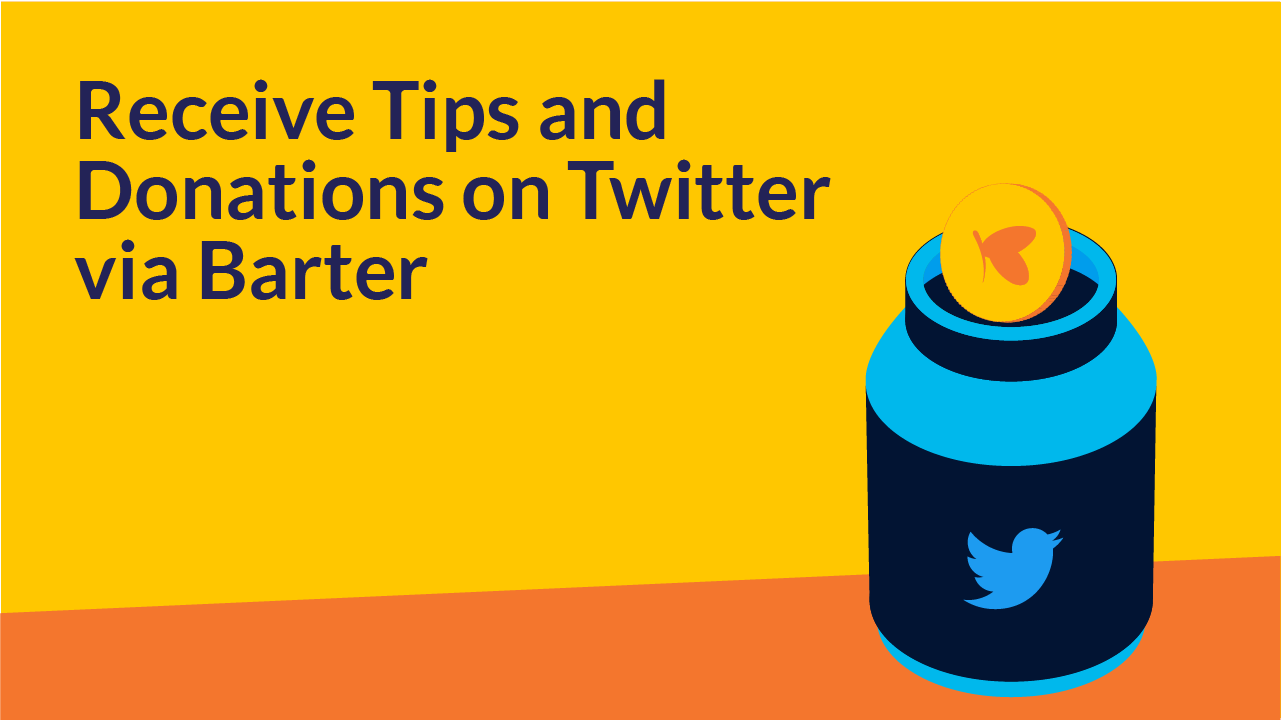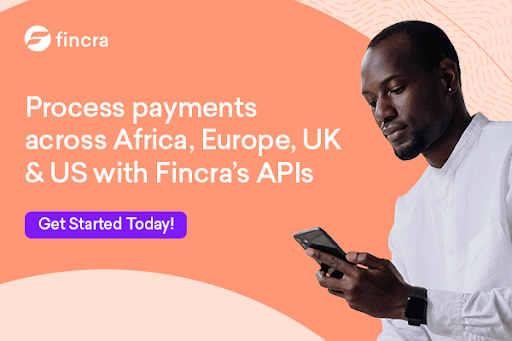
IN PARTNERSHIP WITH

Happy new month 🌄
TikTok is moving into YouTube territory.
The platform recently expanded the length of video uploads from 3 minutes to 10 minutes.
A lot of young people are on TikTok because of its endless scroll of short-form content. TikTok wants to increase overall engagement and target older audience with this new feature.
Not everyone can access the feature yet though. While some users can access the 10-minute feature, others can only go as high as 5 minutes.
In today’s edition
- MTN ventures into virtual real estate
- The tech-savvy grandmothers driving mental health innovation in Zimbabwe
- DFIs are looking to Africa’s digital frontier for impact
- Opportunity: Decentralized Umoja Bounty Hack
- Tech Probe
MTN VENTURES INTO VIRTUAL REAL ESTATE

Last year when Facebook rebranded to Meta, there were a lot of jokes flying from around different corners and also questions about the Metaverse.
4 months later while those questions are still getting answered, different companies around the world are taking steps to be a part of the Metaverse. The most recent one is Africa’s largest telecom company.
Yes, you heard right.
Yesterday, MTN announced that it bought 144 plots of digital land in the Africarare metaverse Ubuntuland for an undisclosed sum.
FYI: The metaverse is a virtual reality world where users can interact, game and experience things as they would in the real world.
This move comes after MTN’s recent brand refresh positioning itself as a technology company, rather than a telecommunications company. “This investment demonstrates MTN’s commitment to supporting African innovation,” MTN explained.
Alongside MTN, South African advertising agency M&C Saatchi Abel also purchased its own plot of land in the newly created Ubuntuland. Outside Africa, companies like Samsung, Adida and PricewaterhouseCoopers have hopped on the trend too, buying plots of digital land.
Zoom out: With MTN’s evolution into being a tech company, it’s important it try out new technology and as it participates in creating new technology and experiences for its users.
Yet to get paid for your hilarious tweets?
Simply add Barter to your Twitter profile and start accepting tips and donations from your followers.
Learn how to set up Barter for Tips.
This is partner content.
THE TECH-SAAVY GRANDMOTHERS DRIVING INNOVATION IN ZIMBABWE
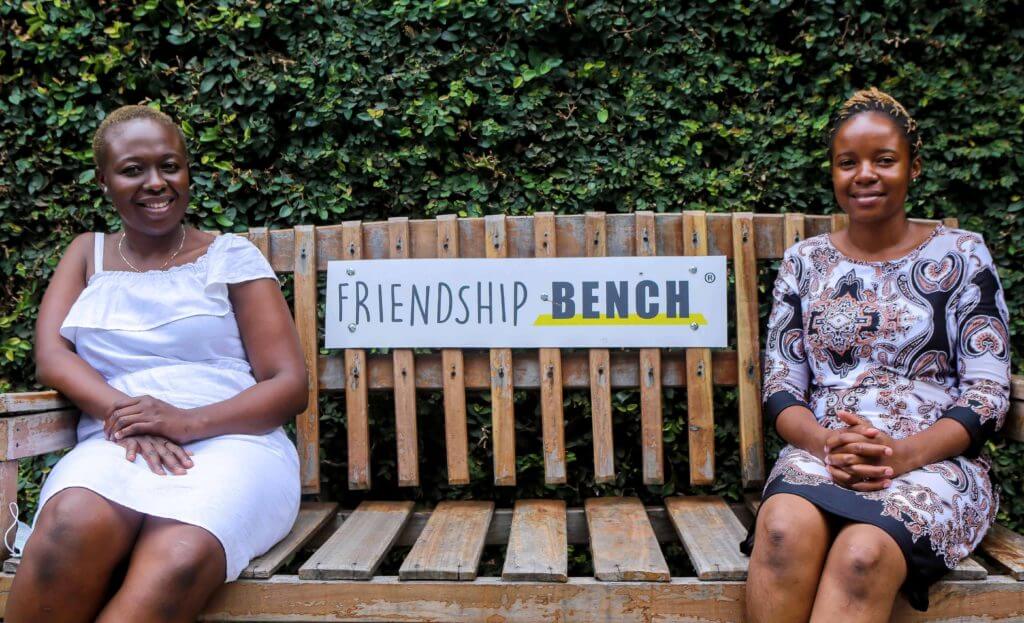
In many African societies, mental health issues are often dismissed out of hand, forcing treatment for common ailments such as depression, anxiety and stress into the realms of the affluent.
As renowned Kenyan author, John Mbiti, espouses, one of the ways Africans deal with mental health is through inclusive community programmes. For centuries, many African societies practised concepts like the Ubuntu philosophy where society was all-embracing; everyone belonged and was supported and cared for.
But with fast-paced urbanisation and the growth of nuclear families, the fabric holding these societies together has been weakened, leaving many—especially the elderly—vulnerable. And one of the manifestations of that vulnerability, particularly in rural areas, is loneliness—a worrying global epidemic that is a major catalyst for mental illness among senior citizens according to the World Health Organisation.
But an initiative in Zimbabwe involving community workers is changing perceptions and COVID-19 has helped spread the initiative even further.
The Friendship Bench
The Friendship Bench is a psychological mental health intervention that uses a cognitive behaviour therapy called ‘PST’ (Problem Solving Therapy). It helps empower our clients so that when they face challenges when a counsellor is not there, they are able to solve their own problems even at home.
It was launched in 2006 by Professor Dixon Chibanda, a psychiatry professor who wanted to find affordable and demystified mental health services for rural communities where inhabitants could not afford therapy.
To bring mental health solutions to Zimbabwean communities, Chibanda teamed up with ten elderly community health workers to roll out a new method of delivering much-needed services to the communities. Elderly community health workers, usually known as Mbuya Hutsanana (Hygiene Grannies), known for their empathy, thoughtfulness and confidentiality, had for some time been part of Zimbabwe`s health delivery system, as first responders.
Dig deeper in How tech-savvy grandmothers are driving initiative to promote mental health
At Busha, we want everyone everywhere in Nigeria to have access to crypto. That’s why you can buy as low as ₦250, set recurring buys, get the best rates, and soon 🤐 on Busha. Join 300,000+ Nigerians already using Busha.
This is partner content.
DFIs ARE LOOKING TO AFRICA’S DIGITAL FRONTIER FOR IMPACT
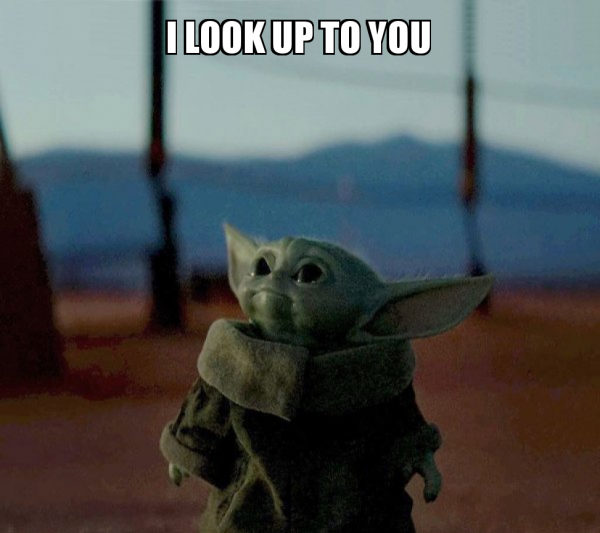
On the about page of the UK government’s overseas investment arm, the CDC Group declares its goal to be “do good without losing money”. That may well be the universal motto of its counterparts like Proparco, the US International Development Finance Corporation (DFC) or any of the many institutions that recently jointly committed to investing $80 billion in African businesses over the next 5 years.
In theory, these “Impact-first” funds typically focus on how to move the development needle when they invest. This is even more true in Africa, where both development and the capital it needs are sorely lacking. However, what is arguably more important than how much capital is available is how the capital is allocated. Now that development finance institutions (DFIs), which represent the bulk of available capital in Africa, are looking to technology startups to support development goals and find returns, players in that ecosystem, and Africa in general, need to step up the thinking and conversations that should shape the future of Africa’s digital economy.
DFI interests and money are not new
To be clear, DFIs are not new in Africa. They have been here, at least since the Colonial Development Corporation was set up by the UK’s Overseas Resources Development Act in 1948. That Colonial Development Corporation became the Commonwealth Development Corporation Group (CDC Group) and will become British International Investment (BII) later this year. Both the CDC Group and peers like Proparco, FMO, and others have been active in Africa for decades. What is interesting is the role they play in funding technology startups and funds in Africa. They are, after all, impact investors, and asking how much impact potential they see in Africa’s insurgent tech startups is a legitimate question.
At a surface level, the implication of more capital from DFIs going to African VC funds or technology businesses is clear. It means capital for experiments and growth will probably be less of a headache. This can mean a variety of things, depending on how it is executed and engaged with by relevant stakeholders. For example, it can mean growth stage capital is here, that is if DFIs, which are notoriously slow and bureaucratic, can fix their processes. It can mean more opportunities unlocked as DFI money de-risks investment in high risk but critical business models. In short, it can mean everything that better access to capital brings plus development impact.
Abraham Augustine has more in Development finance institutions are looking to Africa’s digital frontier for impact and returns.
Fincra provides APIs for making and receiving local & international transfers in EUR, GBP & NGN.
Our APIs fit into all payment applications allowing fintechs to offer virtual bank accounts in multiple currencies.
Sign up for a demo here.
This is partner content.
OPPORTUNITY: DECENTRALIZED UMOJA ALGORAND BOUNTY HACK II
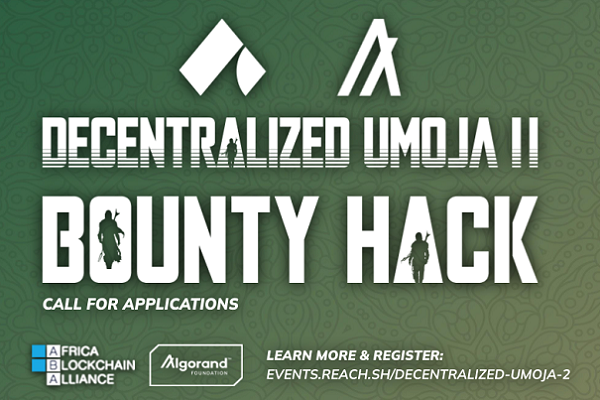
Applications are now open for the Decentralized Umoja Algorand Bounty Hack II, by Algorand and Reach.
The hackathon is a great opportunity for African developers to learn & build blockchain projects and win up to $10,000 in prizes.
Applications are open until March 4, 2022.
TECH PROBE
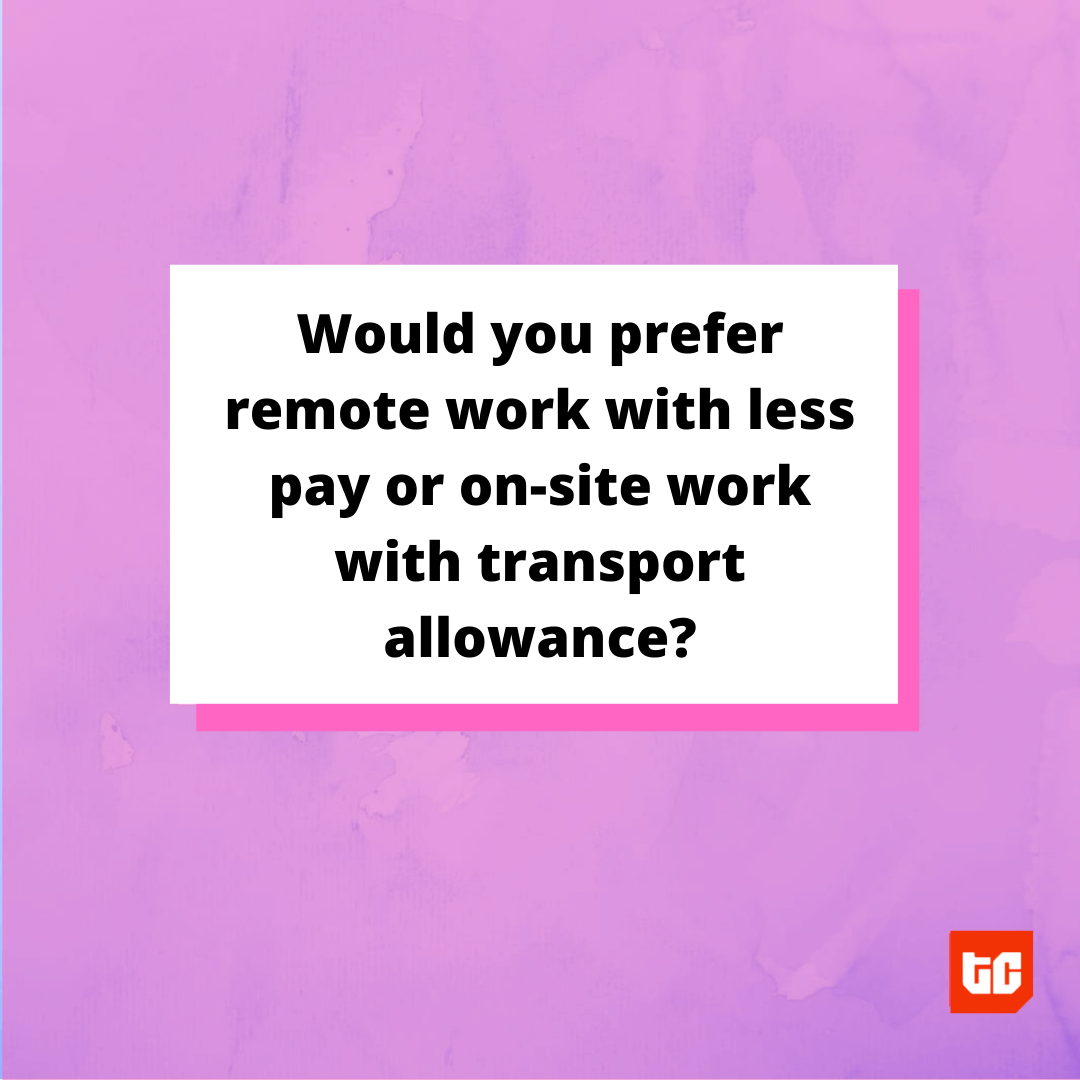
What’s more important to you? Share your thoughts on Twitter, Instagram, or just respond to this mail. We’d love to hear from you.
What else we’re reading
- Who’s really behind the Bible app going viral around the world?
- The #NairaLife of a graphic designer who does everything.
- Facebook removes Russian misinformation network pushing fake news about the war in Ukraine.
- Ethiopia begins power generation at Nile mega-dam.







